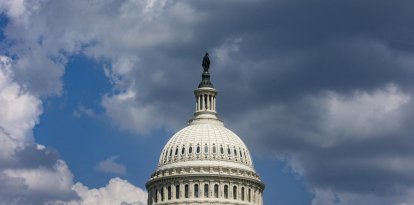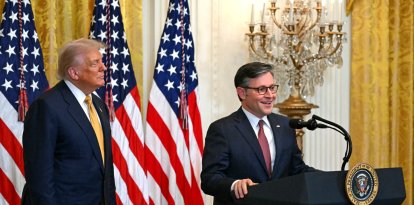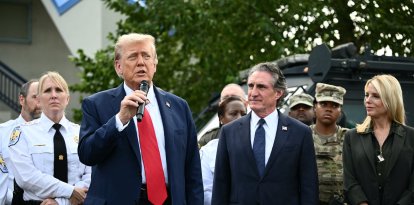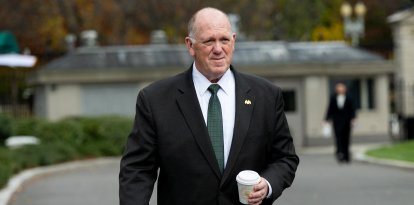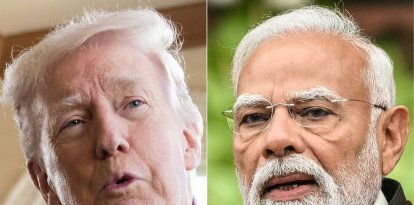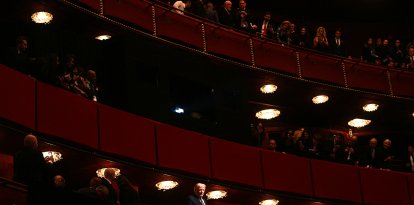The Supreme Court agreed to take up a case that could change federal campaign finance
According to the Republican argument, existing rules for coordinated spending between parties and candidates directly violate the First Amendment.

Supreme Court justices in Congress/ Win McNamee.
The Supreme Court Justices (SCOTUS) agreed to hear a case that could change campaign finance. At issue is a Republican challenge to federal rules limiting how much money political parties can coordinate with their candidates
The problem lies in what is known as"coordinated spending," which is made by a political party in conjunction with a federal candidate. To prevent party spending from exceeding individual contribution ceilings, this spending is limited by law.
For example, the Federal Election Commission (FEC) sets the maximum amount a party may spend in direct coordination with a candidate for the House of Representatives at $59,400 per congressional district. With Senate candidates, a formula is used that takes into account the size and population density of the state. Indeed, the limit set for California is considerably higher than Wyoming's.
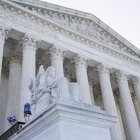
Just The News
SCOTUS conservatives issue scathing rebuke of Justice Jackson in injunctions ruling
Just The News
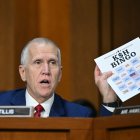
Politics
Senator Thom Tillis announces retirement after Trump's harsh criticism and whips up a frenzy in to see who will succeed him
Emmanuel Alejandro Rondón
The NRSC Case
According to the Republican argument, the existing rules directly violate the First Amendment, which protects free speech. They argue that the campaign rules limit the ability of parties to participate in the electoral process, in contrast to, for example, Super PACs, groups that can spend without limit in the absence of coordination.
The case was initially filed in 2022 by current Vice President JD Vance and the National Republican Senatorial Committee (NRSC), challenging a provision of the 1972 Federal Election Campaign Act. In late 2024, an appeals court ruled that while the NRSC's arguments were valid, it had to respect the precedent set by the nation's highest court.
"The key reality is that the Supreme Court has not overruled the 2001 Colorado decision or the deferential review it applied to these provisions of the Act. In a hierarchical legal system, we must follow that decision and thus must deny the plaintiffs’ First Amendment facial and as applied challenges," the Sixth Circuit Court wrote in its decision, citing the FEC v. Colorado Republican Federal Campaign Committee ruling.
In December 2024, the NRSC asked the Supreme Court to intervene in the case, claiming Congress "has built a wall of separation between party and candidate, forcing party committees to figure out how to get their candidates elected without hearing from them."
"The government should not restrict a party committee’s support for its own candidates. These coordinated expenditure limits violate the First Amendment, and we appreciate the Court’s decision to hear our case. Coordinated spending continues to be a critical part of winning campaigns, and the NRSC and NRCC will ensure we are in the strongest possible position to win in 2026 and beyond," jointly stated Sen. Tim Scott (R-SC) and Congressman Richard Hudson (R-NC), who serve as chairman of the NRSC and chairman of the National Republican Congressional Committee (NRCC), respectively.
















